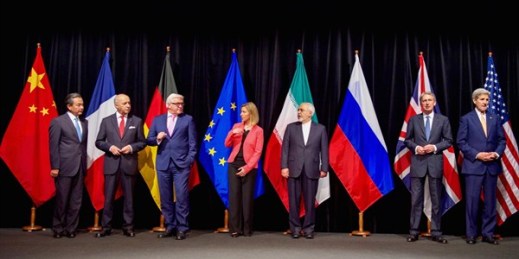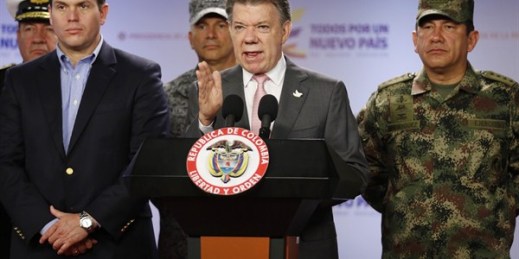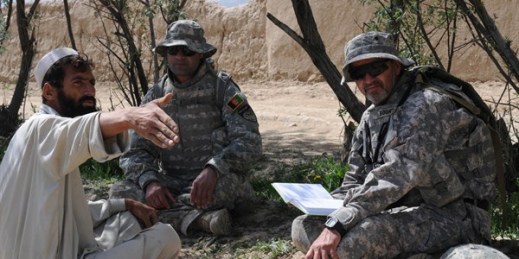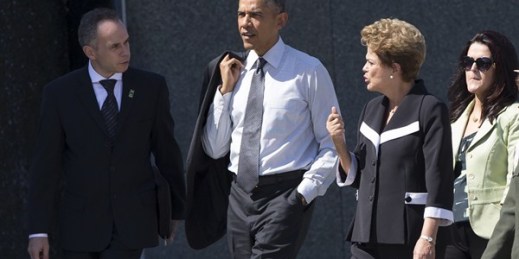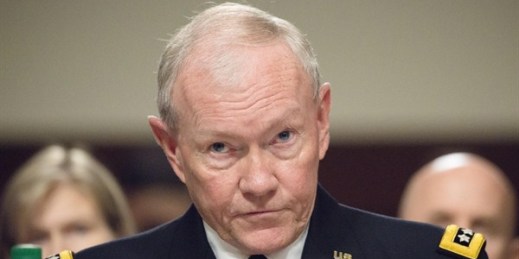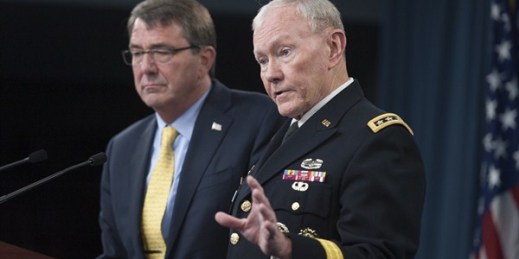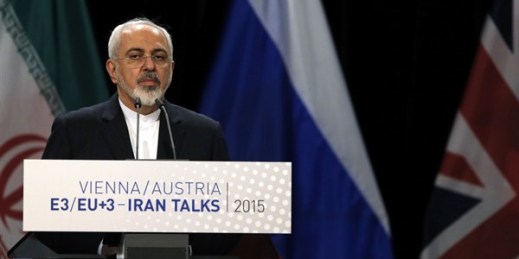
Yesterday’s announcement of a comprehensive agreement with Iran to limit its nuclear ambitions is no ordinary triumph. It is, in fact, a historic and seminal moment that fundamentally strengthens the international system and suggests a major shift in global affairs. For 12 years, the international community has been trying to force Iran to accept limitations on its nuclear aspirations. United Nations Security Council sanctions were placed on the country, threats of military force made, torturous negotiations initiated and interim agreements achieved. While talks, at various points, appeared to be on the brink of failure, in the end, the international community, […]

